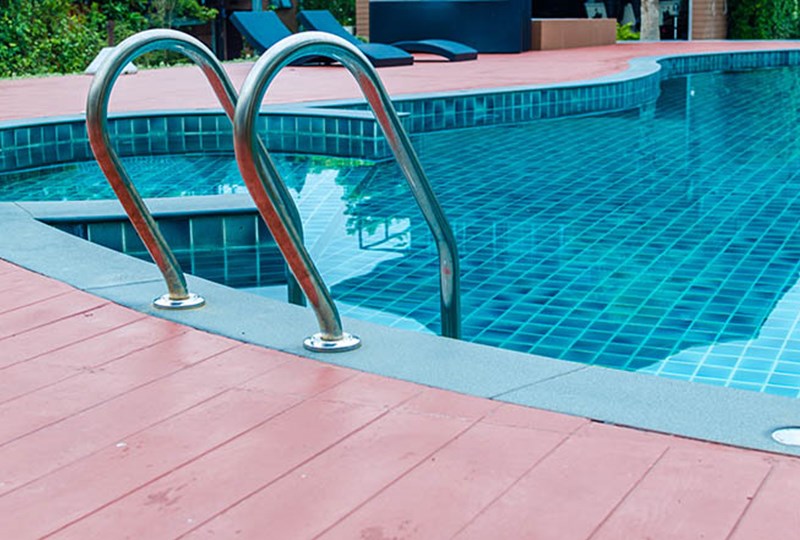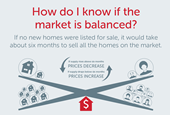
Of all the items on a homebuyer’s checklist of to-dos, homeowner’s insurance is one of the most standard tasks. While most homes in Minnesota and western Wisconsin are easily covered under a standard homeowner’s insurance policy, there are some exceptions. Below, we share insights on the homes that are sometimes difficult to insure.
Homes with pools
Nothing feels better than a dip in the pool on a hot summer day, but homes with pools are often considered riskier properties by homeowner’s insurance companies. It’s rare for an insurance company to turn someone down for a policy over a pool, but your rates may increase and you will most likely be asked to put in a protective fence to keep trespassers and unsupervised children out.
Homes in disaster areas
Minnesota and Wisconsin are mercifully free of seaside natural disasters like hurricanes, but many of our riverside towns experience flooding from winter runoff and storms in the spring and summer. If you are moving to an area that may be affected by flooding, it’s important to secure flood insurance in addition to a typical homeowner’s insurance policy; flooding is usually not protected under homeowner’s insurance.
Vacant homes
Homes that were previously vacant create a risk for homeowner’s insurance companies, as there may be long-term damage to pipes, systems and even the foundation depending on how the home was cared for during its vacancy. To determine your homeowner’s insurance premium for a vacant home, start by getting a professional inspector to look over every inch of the property. Together with your REALTOR® and the inspector, you can work with the insurance company to determine what the damage is to the property (if any) and what repairs will be needed to secure a homeowner’s insurance policy.
Older homes
If the 1900s home you buy is somehow still boasting its original steam boiler, you may be facing a hike in your homeowner’s insurance, or it may be difficult to find insurance. Be sure to pay close attention to the systems (and their installation year) being used in older homes so you can balance out the charm of an older home with the price of what it takes to live there long-term.
What happens if you can’t get insurance
Most homebuyers won’t have an issue getting their new home insured, but if all private insurance options are exhausted, homeowners can apply for a state-sponsored policy through Fair Access to Insurance (FAIR) Plans. The FAIR plan is run by each state’s department of insurance, and it ensures coverage for everyone by distributing the risky insurance policies evenly to private insurance companies across the state.
Learn more about Minnesota’s FAIR Plan.
Learn more about Wisconsin’s FAIR Plan.
How to secure a standard homeowner’s insurance policy
Homeowner’s insurance protects against theft, damage from fires and storms, and unexpected minor disasters like houseguest injuries. Typically, homebuyers are able to secure homeowner’s insurance easily before the closing date.
Your Realtor will help you secure homeowner’s insurance during the buying process, but you can also reach out any time to Edina Realty Insurance for insights and guidance.
Curious what other #SellerInsights and #BuyerInsights we have covered? Check us out on Facebook, Twitter, Instagram and Google+.








